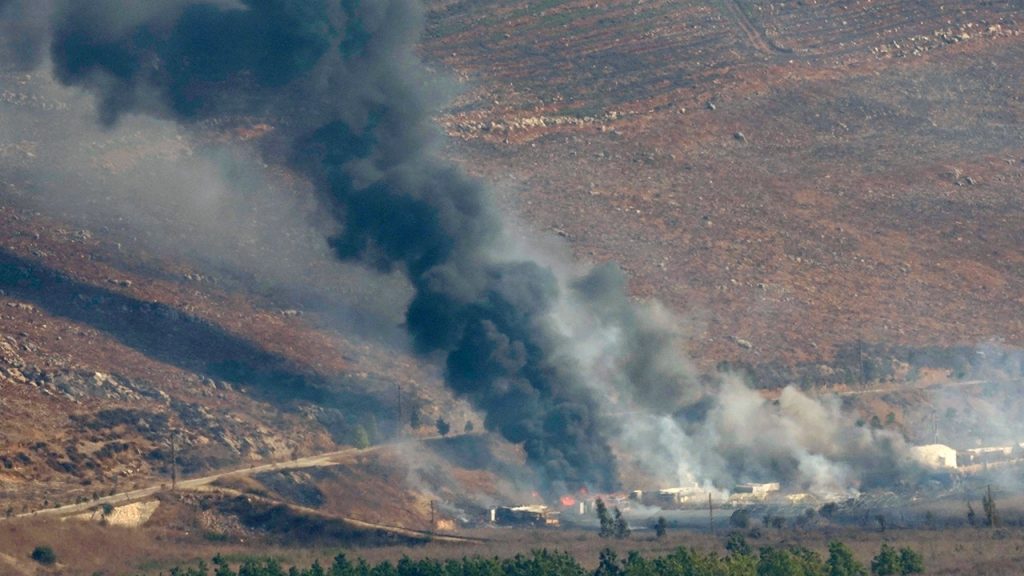The Israel Defense Forces confirmed that an airstrike in Beirut killed a top Hezbollah commander, Ibrahim Muhammad Qabisi, along with other commanders. This is the fifth targeted airstrike in Beirut since the start of the Israel-Hamas War, with three coming in the last five days. Another strike on Friday killed Ibrahim Aqil, who headed Hezbollah’s operations and was the commander of its Radwan Force. The ongoing missile exchanges between Israel and Hezbollah have heightened concerns about the possibility of an all-out war. Hezbollah launched missiles at eight targets in Israel, while the Israeli military tracked around 100 projectiles fired from Lebanon.
Lebanese officials reported that a massive Israeli barrage on Monday killed at least 558 people, adding to an already devastating toll on the region. Additionally, Lebanon has been dealing with explosions of communication devices used by Hezbollah members, which have been attributed to Israel. However, Israel has not confirmed or denied involvement in these attacks. The escalating conflict has led to the deployment of additional U.S. troops to the Middle East, while Israeli Prime Minister Netanyahu issued a warning to the Lebanese as tensions between Israel and Hezbollah continue to heighten. The exchange of missile strikes between the two sides has intensified, raising concerns about the potential for further escalation and worsening violence in the region.
The targeted airstrikes in Beirut have taken a significant toll on Hezbollah leadership, with several top commanders being killed by Israeli strikes. These targeted operations are part of a wider conflict between Israel and Hezbollah, with both sides engaging in missile strikes against each other. The recent escalation in hostilities has sparked fears of a full-scale war breaking out, as both Israel and Hezbollah continue to engage in aggressive military actions. The ongoing conflict has resulted in a high number of casualties and destruction in the region, with Lebanon suffering the brunt of the violence.
The airstrikes in Beirut are part of a broader pattern of violence between Israel and Hezbollah, with both sides engaging in aggressive military actions against each other. The recent missile exchanges and targeted strikes have raised concerns about the potential for the conflict to escalate into a wider war. The deadly toll on both sides has led to the deployment of additional troops to the region and heightened tensions between Israel and Lebanon. The situation remains volatile, with both sides continuing to engage in military actions that have resulted in significant casualties and destruction.
The ongoing conflict has led to a significant number of casualties on both sides, with hundreds of people killed in the latest targeted airstrikes in Beirut. The exchange of missile strikes has intensified, with Hezbollah launching missiles at multiple targets in Israel and the Israeli military tracking a large number of projectiles fired from Lebanon. The conflict shows no signs of abating, as both sides continue to engage in aggressive military actions that have resulted in widespread devastation. The situation remains tense, with fears of further escalation and a worsening of violence in the region. The international community has been closely monitoring the situation, as efforts to de-escalate the conflict and find a peaceful resolution continue.


